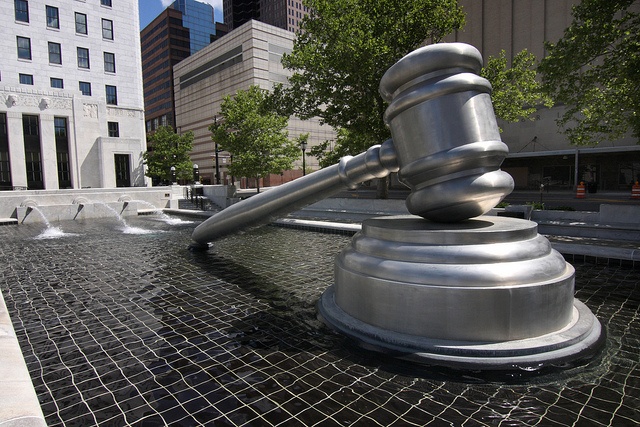
Wage garnishment is used to collect seriously delinquent obligations by deducting a percentage of earnings directly from an employee's paycheck. If you're facing a wage garnishment, it's important that you find out exactly what your rights are, so that you can protect yourself and prepare for any life changes that may occur if you are fired for wage garnishment.
When Might Your Wages Be Garnished?
Generally, a wage garnishment is only granted upon receipt of a court order. The collecting agency needs permission from a judge to contact your employer and establish a wage garnishment arrangement. Wage garnishment is only used in three situations:
- If you owe a considerable amount of back taxes and have made no attempt to repay them over a long period
- If you owe a considerable amount of child support and the court has been unable to collect the fees from you
- If you are in default on your student loans and you have not made an attempt to repay them
What Are Your Rights during Wage Garnishment?
Even though you can't fight a wage garnishment proceeding, you do have some rights during the process. According to federal law, wage garnishment is limited at 25% of your earnings after your necessary expenses have been paid. The key, though, is that this only applies to what is covered by "necessary expenses", or costs that you need to continue living.
It's also important to note that the 25% wage garnishment limit is a federal protection only. In some states, state law can override this limit and allow a higher amount of your wages to be garnished. For example, in the state of Texas, up to 50 percent of your wages can be garnished if you owe back child support.
Wage Garnishment and Employment
Contrary to some popular beliefs, your employer cannot fire you because of a wage garnishment. The right to continue working at your original job is another of the rights afforded to you during the wage garnishment process. However, this protection is only in place if you have one wage garnishment proceeding.
If you incur more than one wage garnishment, this protection no longer exists and your employer may be able to fire you. This also applies if you receive a second wage garnishment from the same collecting agency. Even if you are allowed to keep your job, your employer has to be informed about the garnishment process and this can negatively impact your reputation at work.
If you only have one wage garnishment on your record, then you won't have to worry about losing your job. However, if you are facing more than one wage garnishment or a second wage garnishment from the same agency, your job could be in jeopardy. Taking steps to clear up your outstanding obligations can help you protect your livelihood now and in the future.




